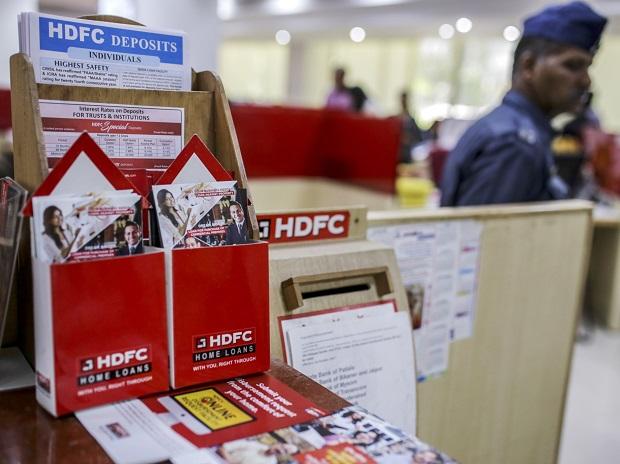[ad_1]
Mortgage lender HDFC has hiked its home loan rates by 35 basis points (bps), effective December 20, the company said in a statement on Monday. Now, the home loan rates for HDFC will start from 8.65 per cent for credit scores of 800 and above.
With this rate hike, HDFC has now passed on the entire rate hike done by the six-member monetary policy committee (MPC) of the Reserve Bank of India (RBI) to the borrowers. The MPC has hiked the policy rate by 225 bps since May, and so has HDFC.
The rates offered by HDFC on its home loans is still one of the cheapest by a lender in the industry. In fact, HDFC home loan rates are now above the rates it offered during the pre-pandemic period.
Meanwhile, private sector lender Axis Bank has hiked its marginal cost of funds-based lending rate (MCLR) by 30 bps, effective December 17, the bank said on Monday.
Accordingly, the overnight and one-month MCLR now stands at 8.55 per cent. The three-month rate has been revised to 8.65 per cent, and the six-month, to 8.70 per cent. Similarly, the one-year MCLR has been revised to 8.75 per cent and the two-year rate stands at 8.85 per cent, while the three-year MCLR is 8.90 per cent.
Last week, the country’s largest lender, State Bank of India (SBI), hiked its MCLR by 15-25 bps. The overnight MCLR was hiked by 15 bps to 7.85 per cent, while the one-month-to-three-year rate was hiked by 25 bps, to range between 8 per cent and 8.60 per cent.
According to the latest data, bank credit grew by 17.5 per cent year-on-year (YoY) to Rs 131.06 trillion in the fortnight ended December 2, reflecting the continuation of firm demand for loans in the economy. Deposits, on the other hand, were up 9.9 per cent YoY to Rs 175.24 trillion during the period.
Deposit growth is picking up gradually as banks have begun to pass on the rate hikes done by the RBI. As the system liquidity is shrinking, banks have become more aggressive to garner deposits to fund the high credit growth in the economy.
There is still a wide gap between deposit and credit growth. Analysts said the gap would start to narrow going into the next year. Going forward, they expect a combination of factors, including the RBI’s rate hikes, slowing GDP growth, and the normalisation of the base effect, to blunt the sharp growth in credit. Credit growth has moderated from around 18 per cent in early October.
[ad_2]
Source link



